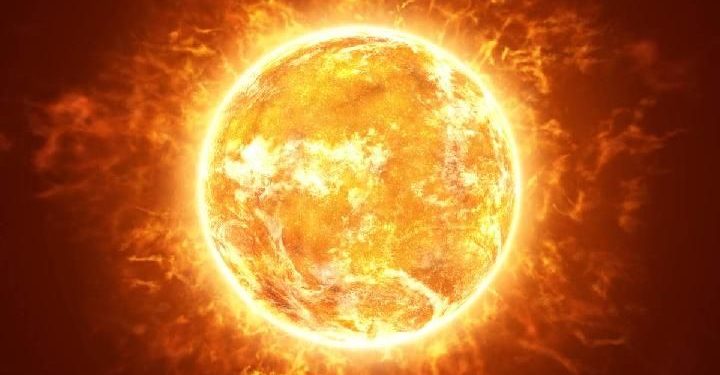Jakarta, Indonesia Sentinel — Solar flare activity triggered a global geomagnetic storm from November 12 to 14. The impact of a solar storm can vary across different regions, but it there is no significant impact on Indonesia.
Geomagnetic storms, often referred to as solar storms, are temporary disturbances in Earth’s magnetosphere caused by the interaction between solar wind and the planet’s magnetic field. These events occur regularly as a result of coronal mass ejections (CMEs) from the Sun.
The impact of a solar storm can vary across different regions of the world, depending on the angle of impact and local geographic conditions.
Indonesia’s Meteorology, Climatology and Geophysics Agency (BMKG) said the recent geomagnetic storm did not cause any significant disruption to infrastructure in the country.
Syirojudin, head of BMKG’s Potential Geophysics Working team, said the latest solar storm was triggered by intense solar activity, including an X5.1-class flare, considered as one of the strongest categories on the space weather scale.
“The flare produced a high-velocity plasma and magnetic field eruption, known as a coronal mass ejection (CME), directed toward Earth. Based on monitoring by the NOAA Space Weather Prediction Center, the geomagnetic storm reached G4, or severe level,” he said, as reported by state news agency Antara on Thursday.
BMKG recorded geomagnetic disturbances beginning early on November 12 across its magnetic observatories in Tondano, Tuntungan, and Serang, with activity continuing for three days.
While maximum K-index readings indicated severe geomagnetic conditions, the agency said Indonesia experienced minimal effects. Syirojudin noted that the country’s equatorial position provides natural protection.
“The equatorial region has a strong magnetospheric band called the Equatorial Electrojet, which acts as a shield against high-energy particles,” he said.
Read Also:
Indonesia Braces for Peak Rainy Season, BMKG Warns of Heightened Flood and Landslide Risks
Even so, BMKG warned of the possibility of minor to moderate disruptions to satellite communications, GPS-based navigation, and temporary interference with high-frequency (HF) radio communications.
The agency recommended continued real-time monitoring of geomagnetic indices and urged aviation and maritime sectors that rely heavily on GPS to prepare backup communication protocols.
“There is no reason to panic. The magnetosphere offers strong protection, making threats to daily life and Indonesia’s power grid extremely low,” Syirojudin said.
(Raidi/ )

























